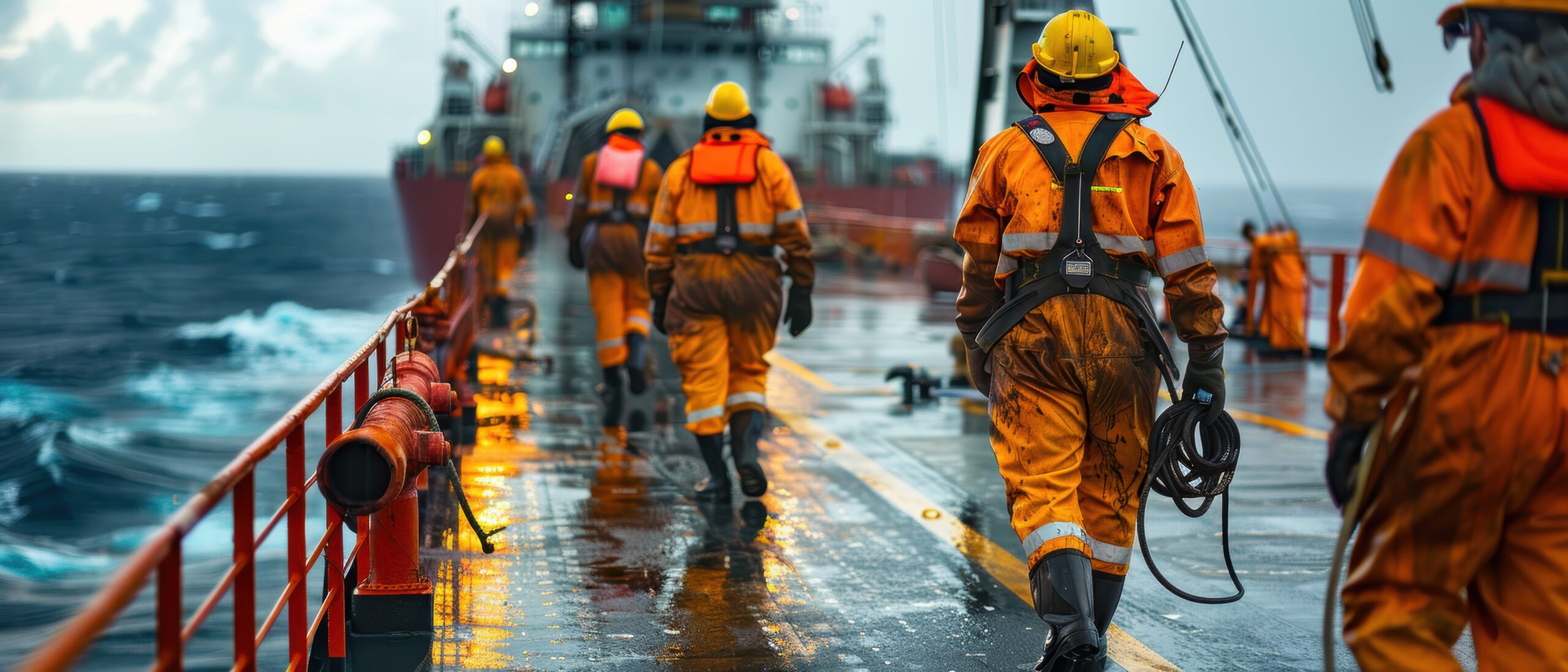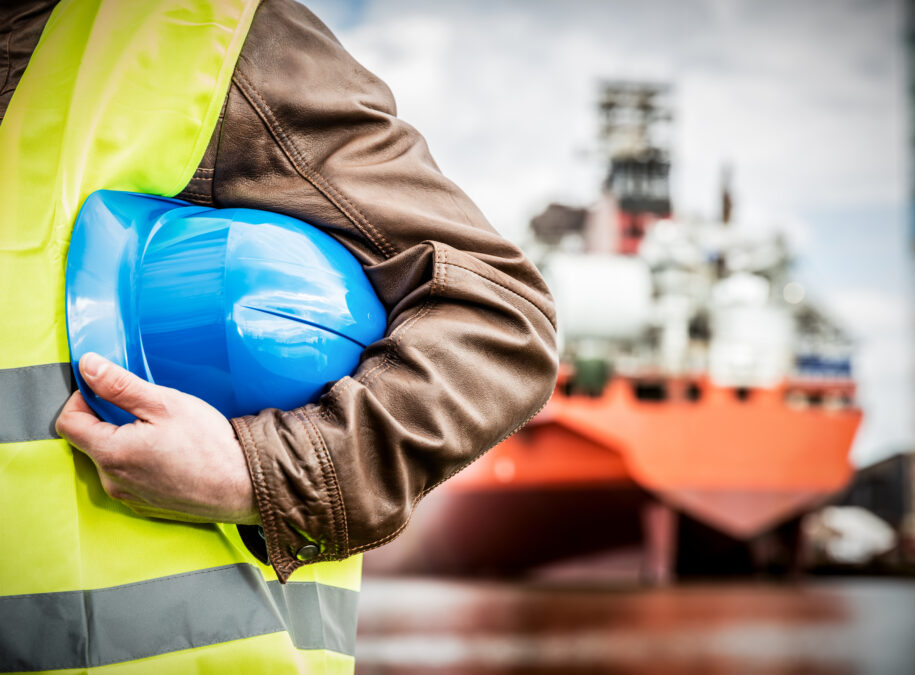The International Marine Contractors Association (IMCA) plays a pivotal role in promoting environmental sustainability within the marine industry. Through comprehensive training programs, rigorous audits, and the development of innovative compliance tools, IMCA actively supports the International Convention for the Prevention of Pollution from Ships (MARPOL). This blog delves into IMCA’s significant contributions to reducing environmental risks in line with MARPOL‘s objectives.

Understanding MARPOL and Its Significance
MARPOL is a fundamental international convention aimed at preventing marine pollution by ships due to operational or accidental causes. Established by the International Maritime Organization (IMO), MARPOL sets strict regulations to control pollution from oil, chemicals, sewage, garbage, and emissions. Compliance with MARPOL is essential for safeguarding marine ecosystems and ensuring sustainable maritime operations.
IMCA’s Commitment to Environmental Sustainability
IMCA has demonstrated a steadfast commitment to environmental sustainability, aligning its initiatives with MARPOL‘s stringent standards. By focusing on training, audits, and the development of compliance tools, IMCA ensures that marine contractors operate responsibly, minimizing their environmental footprint.
Training Programs: Building Competence and Awareness
IMCA’s training programs are designed to enhance the competence of marine professionals, ensuring they are well-versed in environmental best practices and MARPOL regulations. These programs cover a wide range of topics, including pollution prevention measures, waste management, and emergency response procedures.
A key component of IMCA’s training approach is the Assessment Procedure for Training Course Approval, which outlines the standards and requirements for course providers. This procedure ensures that training courses meet IMCA’s high standards, contributing to the overall competence of personnel in the marine industry.
Audits: Ensuring Compliance and Continuous Improvement
IMCA conducts rigorous audits to ensure that marine operations comply with environmental regulations and MARPOL standards. These audits assess various aspects of marine operations, including vessel design, equipment maintenance, and operational procedures.
For instance, IMCA’s Code of Practice for developing and conducting Dynamic Positioning (DP) annual trials programs emphasizes the importance of proper documentation and classification of findings during audits. This approach ensures the integrity and safety of DP systems, preventing potential environmental risks associated with system failures.
Additionally, IMCA’s auditor accreditation scheme enhances the professionalism and effectiveness of vessel audits. By accrediting auditors through recognized bodies, IMCA ensures that audits are conducted by qualified professionals, leading to more accurate assessments and improved compliance with MARPOL regulations.
Innovative Compliance Tools: Leveraging Technology for Environmental Protection
IMCA embraces technological advancements to develop innovative tools that aid in compliance with environmental regulations. These tools streamline processes, enhance data accuracy, and facilitate better decision-making in marine operations.
One notable achievement is IMCA’s attainment of ISO 27001 certification, which underscores its commitment to information security and data protection. This certification ensures that IMCA’s compliance tools are developed and managed with the highest standards of security, fostering trust among stakeholders and promoting adherence to MARPOL requirements.
Furthermore, IMCA’s collaboration with technology providers has led to the creation of asset management systems that support IMCA and industry standards. These systems assist marine contractors in effectively managing their assets, ensuring compliance with environmental regulations, and reducing the risk of pollution incidents.
Collaborative Efforts: Engaging the Marine Industry
IMCA recognizes that achieving environmental sustainability requires collaboration across the marine industry. By engaging with various stakeholders, including vessel owners, operators, and clients, IMCA fosters a culture of transparency, integrity, and continuous improvement.
For example, IMCA’s Code of Practice on Environmental Sustainability outlines principles and strategic objectives for the industry. This code emphasizes the importance of energy management, waste reduction, and the protection of marine life, aligning with MARPOL‘s goals to prevent pollution and promote sustainable practices.
Conclusion
IMCA’s comprehensive approach to reducing environmental risks through training, audits, and innovative compliance tools significantly contributes to the objectives of MARPOL. By building competence, ensuring compliance, and leveraging technology, IMCA supports the marine industry’s efforts to minimize pollution and protect the marine environment.
As the marine industry continues to evolve, IMCA’s unwavering commitment to environmental sustainability and its proactive initiatives will remain instrumental in achieving a cleaner and safer maritime domain.
